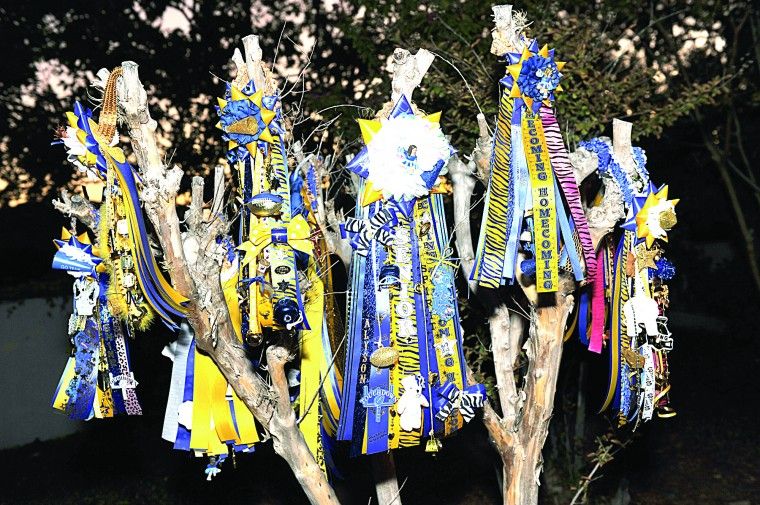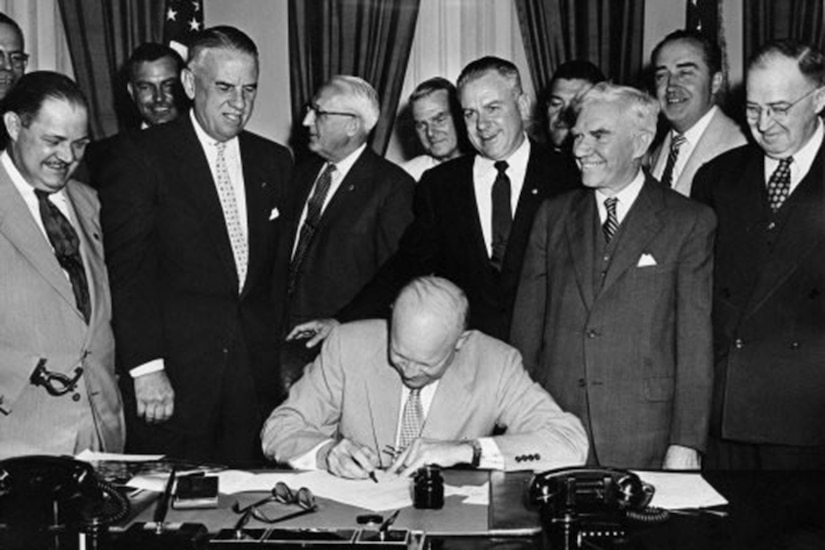Read the previous entry in the series here.
Read the next entry in the series here.
The next chapter, “Portrait of Vivacia,” begins with Brashen looking on as his captain dickers with Sincure Faldin away from Divvytown. As he does, he muses on a recent incident of violence he had had to enact against a crewman who was stealing from the ship. He also reflects on his captain’s bargaining tactics and the strangeness of putting in along the Cursed Shores, noting mentally the ways in which they live up to the name.

Image by Gilles Francescano, used for commentary.
As the dickering continues, Brashen considers the charts he has been making in secret and the knowledge of the waters his captain has as his own security. He also reflects on the tales he had been told of pirate settlements, seeing them now in truth when he had doubted them before. Too, he recognizes among the offerings a portrait of the liveship Vivacia that had once hung in Althea’s cabin aboard the ship. His interest in the painting and the memories it evokes in him attracts attention, and Brashen deflects adeptly, finding himself getting a report about Kennit and his activities in the Pirate Isles. Faldin invites Brashen’s captain to his warehouse in Divvytown, noting that Kennit is like to put in there soon, and the captain tentatively accepts.
Elsewhere, Wintrow marvels at the speed and skill with which the Vivacia is being restored after her struggles. Sorcor and Etta are commanding, intimidating presences aboard the ship as she is repairs. Wintrow muses on them briefly before taking food to and conversing with his father, who rebukes and upbraids him. Wintrow withdraws, somewhat shaken, and is soon after confronted by Sa’Adar. The priest attempts to persuade Wintrow to his cause once again; Wintrow refuses, violently.
Kennit regards himself and his situation as he continues to convalesce. The slow recovery annoys him, and the ship steadies him as Wintrow comes to call. Kennit is eased by his presence and asks after his tattoos. Wintrow’s answers reveal much before he makes to treat Kennit’s amputation. In the continuing conversation, Kennit finds a strangely revelatory scrap of wisdom and seems to return to himself. He orders Wintrow to help him make himself ready, and Wintrow obeys. So does Etta when she, summoned, arrives.
Brashen and the ship on which he is mate arrive in Divvytown. He recognizes the Vivacia at anchor there, and he tries to persuade his captain to travel to Bingtown after; the captain demurs. He also thinks he sees Althea aboard the ship, but that is soon and decisively belied.
There is quite a bit going on in the chapter. The mention that the Vivacia is not the first liveship to be turned pirate is something portentous, certainly, as is the confirmation to Brashen of the Vivacia‘s situation. So, too, is the tension with both Wintrow’s father and Sa’Adar; both have presented themselves as needing removal, and it might be noted that both, in displaying what appear to be symptoms of mental illness (although it is, of course, always fraught to diagnose characters in novels from what the narrator depicts of them), and both retreating under some compulsion into isolation, offer a comment on the treatment of those with mental health conditions. Working in a closely parallel field–substance use disorder treatment is classes as behavioral health, as distinct from but often related to and funded alongside mental health–I am aware that, even now, treatment is other than optimal, not least because of stigma. Whether the present chapter reinforces or speaks against the stigma is an open question, one that might well be worth discussing.








